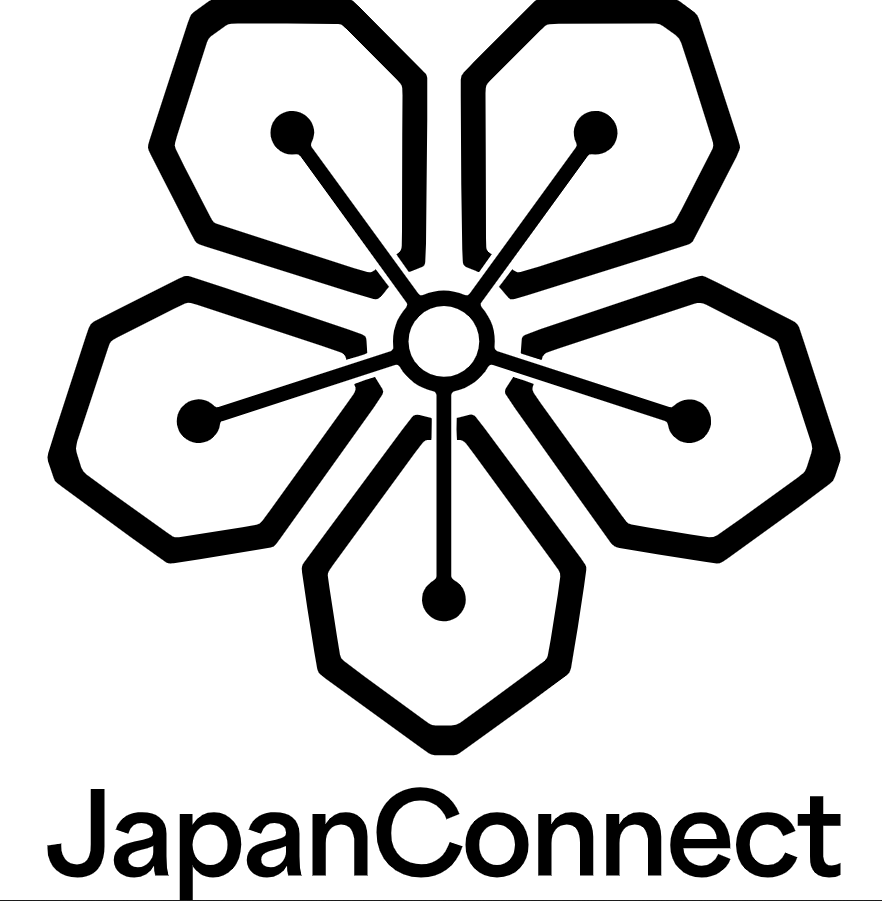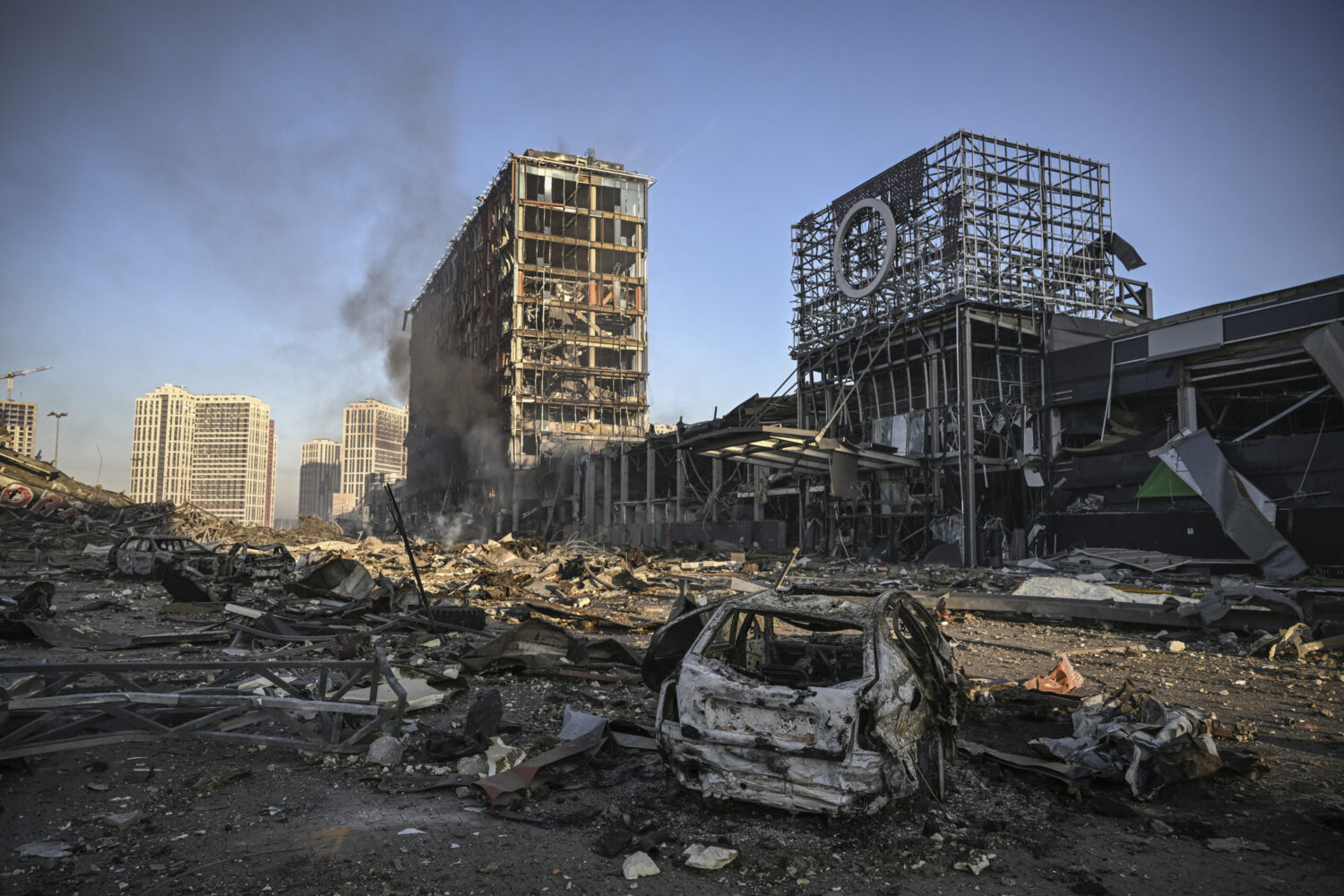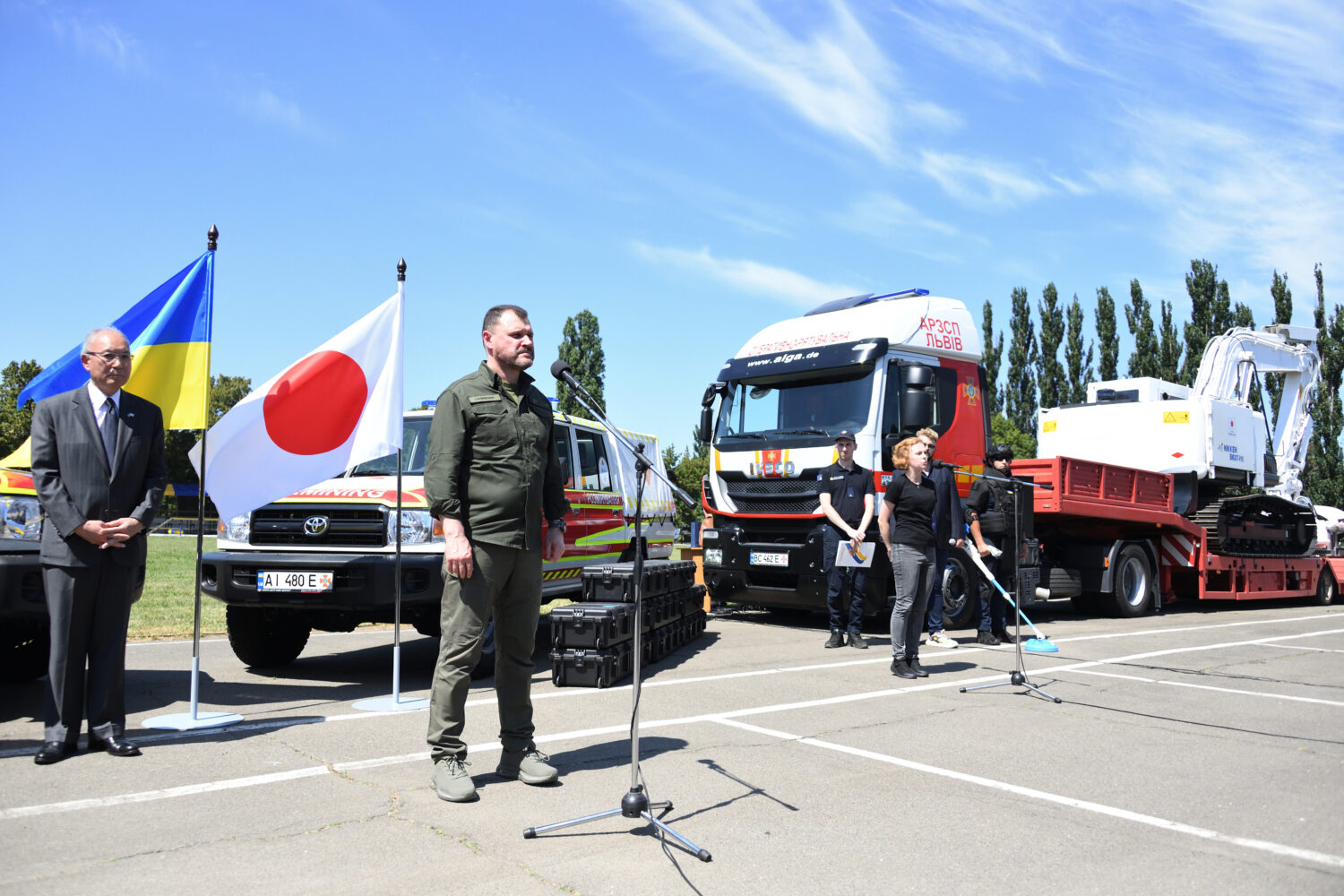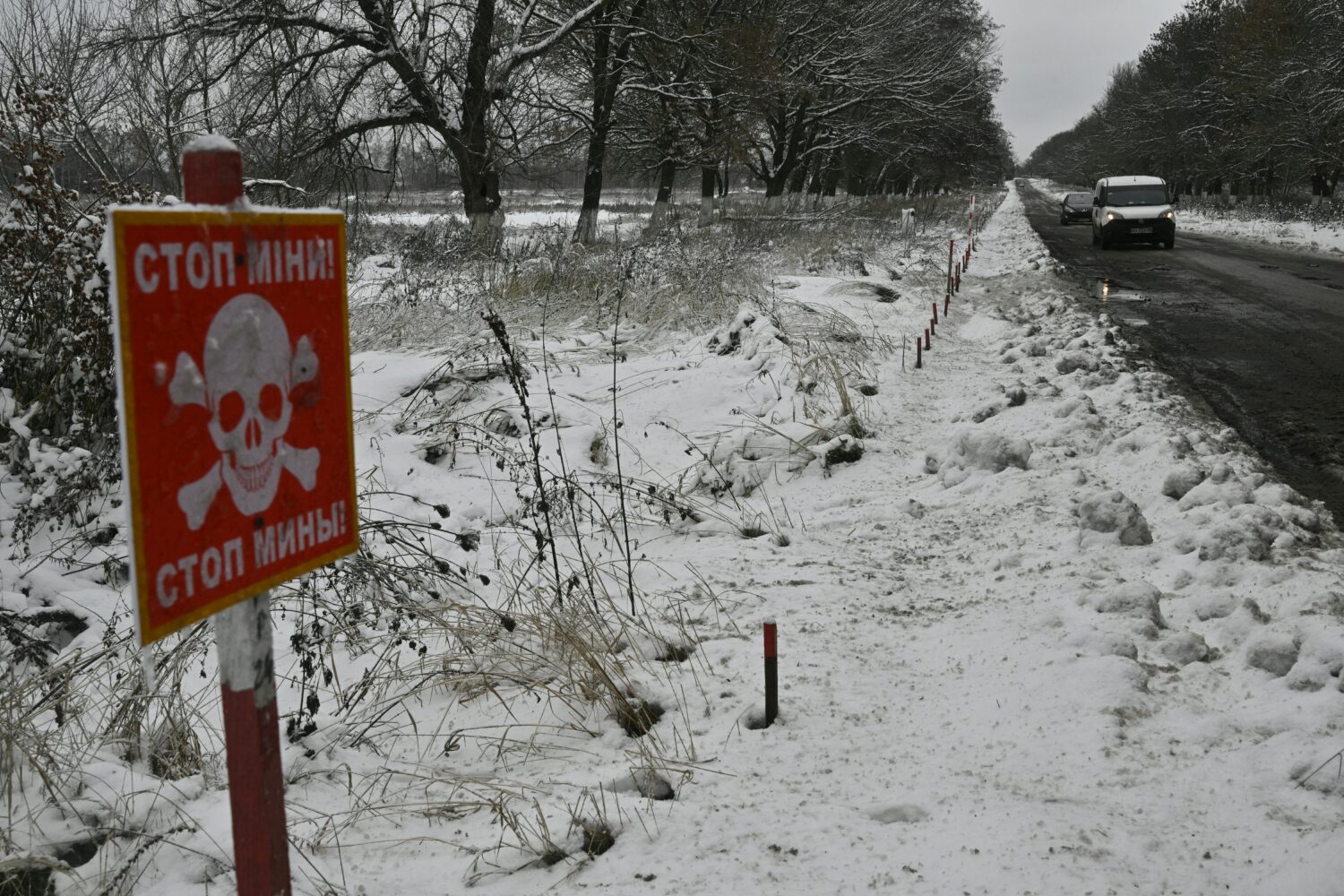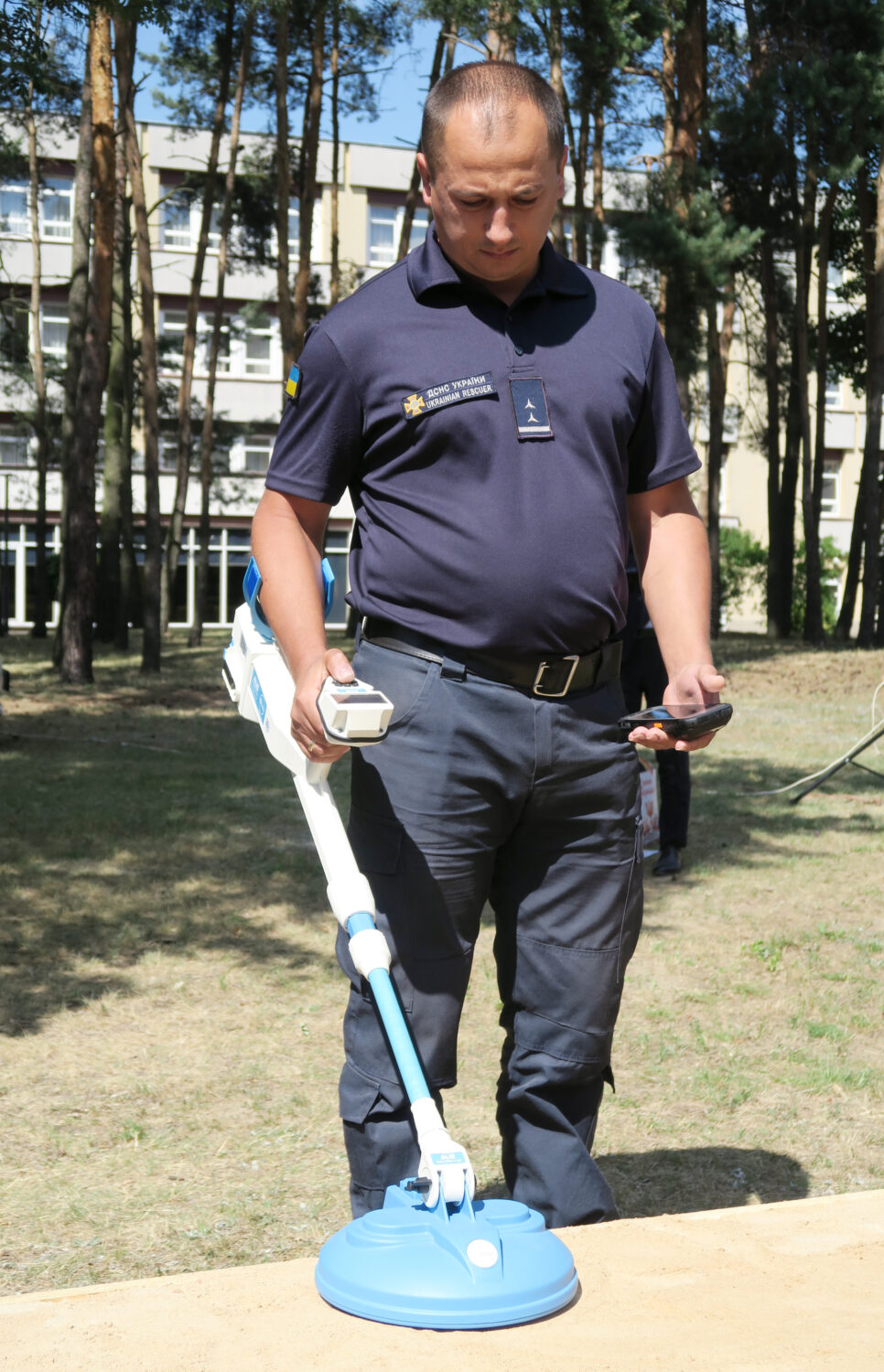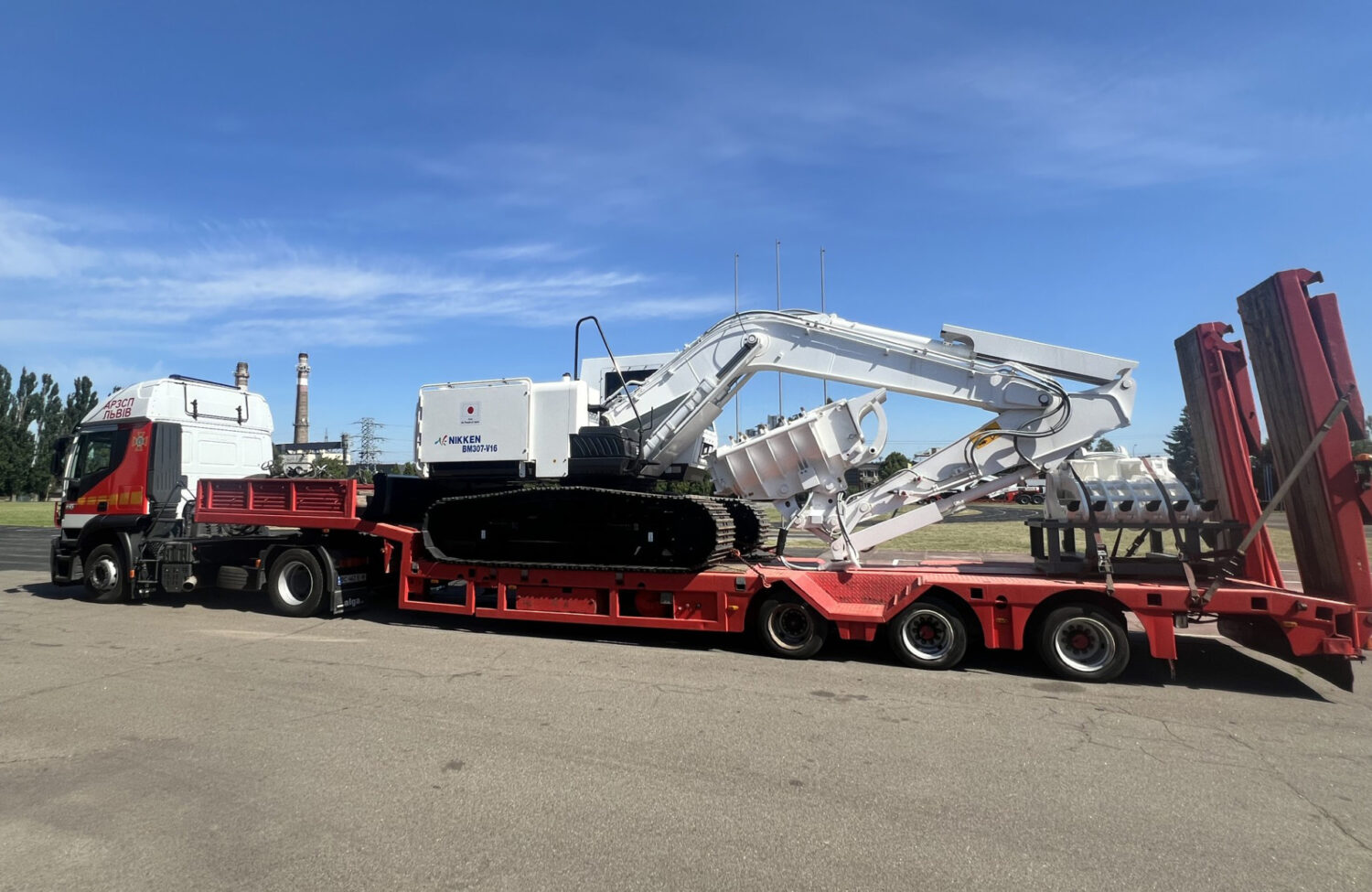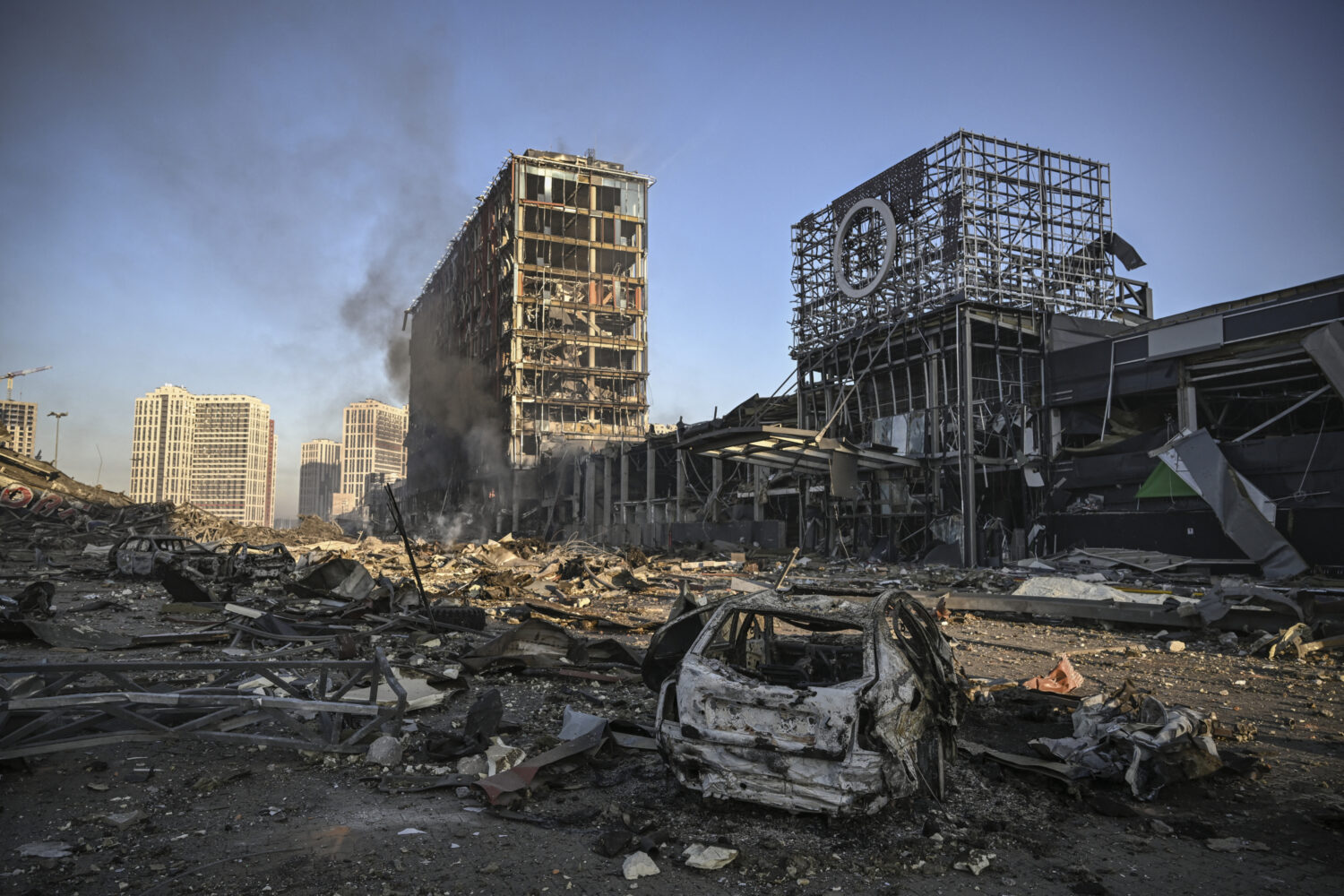One such example is a water supply aid project. As part of the government’s gratuitous recovery assistance, Japan is sending mobile water purification systems and ready-to-assemble water supply tanks to Ukraine’s cities where water supply networks were destroyed.
As part of this initiative, Nihon Genryo Co., Ltd., a manufacturer of water treatment systems headquartered in Kawasaki, Kanagawa Prefecture, delivered four Mobile Siphon Tanks, a mobile water purification system, to Ukraine’s capital Kyiv and the southern port city Odesa. The system, developed by Nihon Genryo, does not require filter replacements, which were necessary in previous water purification systems. The company also invited water supply technicians in Kyiv to Japan and conducted training on water purification technology.
Nihon Genryo has been deeply involved in Southeast Asia. In 1982, it delivered fully automatic dust scrapers to the Bangkhen Water Treatment Plant in Bangkok, Thailand, to help remove impurities and provide safe, treated water. It also delivered Mobile Siphon Tanks to cities in Laos and Vietnam as part of Japan’s Official Development Assistance (ODA) and is training local staff on how to use them. In Laos, the company carried out emergency water supply operations during flood disasters in 2013 and 2020. In the Philippines, it provided drinking water to regions without access to a water supply by using river water. It also carried out emergency water supply operations at the request of the Japanese government in the wake of disasters such as Super Typhoon Haiyan in 2013 and Super Typhoon Rai in 2021. In this way, the company gained extensive experience assisting the lives and lifestyles of people in Southeast Asia, which is now being leveraged to help Ukraine, halfway across the globe in Europe.
In addition to water supply assistance, Japan also has international experience in providing aid to people with disabilities. Since Russia’s invasion, over 300,000 Ukrainian troops and civilians have become disabled as a result of injuries. However, medical equipment is growing outdated due to a shortage of funds, and providing assistance is an urgent matter. Japan provided rehabilitation equipment and welfare vehicles to 11 facilities in Kyiv Oblast through the Japan International Cooperation Agency (JICA). In December 2024, a commemorative ceremony was held in Kyiv. Ruslan Kravchenko, the governor of Kyiv Oblast, expressed his gratitude, saying, “We thank the Japanese government and its people for their extensive support. This will allow us to greatly improve the conditions for people with disabilities.”
Japan has also been committed to providing aid to people with disabilities in Southeast Asia. Gratuitous financial assistance was offered to Indonesia, for example, by providing mobile rehabilitation equipment in 1989 and taking part in a project to construct a vocational rehabilitation center for people with disabilities in 1995. In addition to dispatching Japanese specialists and Japan Overseas Cooperation Volunteers (JOCVs) to countries like Thailand and the Philippines, Japan also invites trainees from various countries to Japan through JICA initiatives to help raise rehabilitation standards for people with disabilities.
Removing landmines is another urgent issue that must be addressed in Ukraine. It is believed that the Russian military may have planted mines in an area of up to 150,000 square kilometers, which amounts to over a fourth of the country’s land. The Japanese government has been engaged in mine clearance efforts in Cambodia for many years. Drawing on this experience, it is offering comprehensive support to Ukraine by providing resources developed by Japanese companies, such as mine detectors, mine removers and systems using artificial intelligence (AI) to identify areas where mines have been planted, in addition to training on how to prevent injuries and offering aid to victims.
Japan is also working on assisting Ukrainian soldiers and civilians who survived mines but lost their limbs.
Instalimb, Inc. is a startup company headquartered in Tokyo that utilizes digital technology to create prosthetic legs. The company uses a special scanner to capture the shape of a patient’s leg and creates a 3D-printed prosthetic based on data designed by a prosthetist using software.
The CEO of the company, Yutaka Tokushima, said in an interview with the Japanese broadcasting network TBS Television, “One (of the merits) is that we can create prosthetics very quickly. Where it usually takes a month, we can do it in a day (at the quickest) and significantly lower the cost. Another merit is that one professional prosthetist can make many prosthetics.” Prosthetic legs cost around 400,000 yen in Japan, but Tokushima says the company can reduce it to one-tenth of that amount.
Instalimb has its roots in the Philippines. After working at a computer-related company and as a designer of industrial products, Tokushima joined the JOCV program under JICA and was posted to the Philippines in 2012. Later, with support from JICA and the Philippine government, he established a laboratory equipped with a 3D printer and laser cutter for industrial development. After he learned that many people in the Philippines needed prosthetic legs as a result of diabetes, he took on the challenge of developing high-performance yet affordable prosthetics. Over the course of four years, he developed a technology that specialized in creating prosthetic legs using 3D printing. These prosthetics are now available to people in the Philippines who cannot afford conventional ones.
As he works on creating prosthetics in Ukraine, Tokushima says, “Many people want to recover and rebuild their lives, but they can’t work because they don’t have access to prosthetic legs. So I want to give them hope, first and foremost. Our current mission is to provide prosthetics to each and every person who needs them as we aim for the ultimate goal of helping all the people of Ukraine regain their bright future.” A Japanese company, born in the Philippines, is now striving to help the wounded people of Ukraine.
Japan is offering aid to Ukraine in a diverse range of fields including infrastructure, education, agriculture, economy, machinery and culture—and much of this expertise comes from the experience Japan gained in Southeast Asia.
By Akio Yaita
Journalist. Graduated from the Faculty of Letters at Keio University. After completing his doctorate at the Chinese Academy of Social Sciences, he worked as a correspondent for the Sankei Shimbun in Beijing and as Taipei bureau chief. Author or co-author of many books.
*The stories and materials above are provided by JIJI.com or AFPBBNews. Feel free to feature these stories in your own media.
